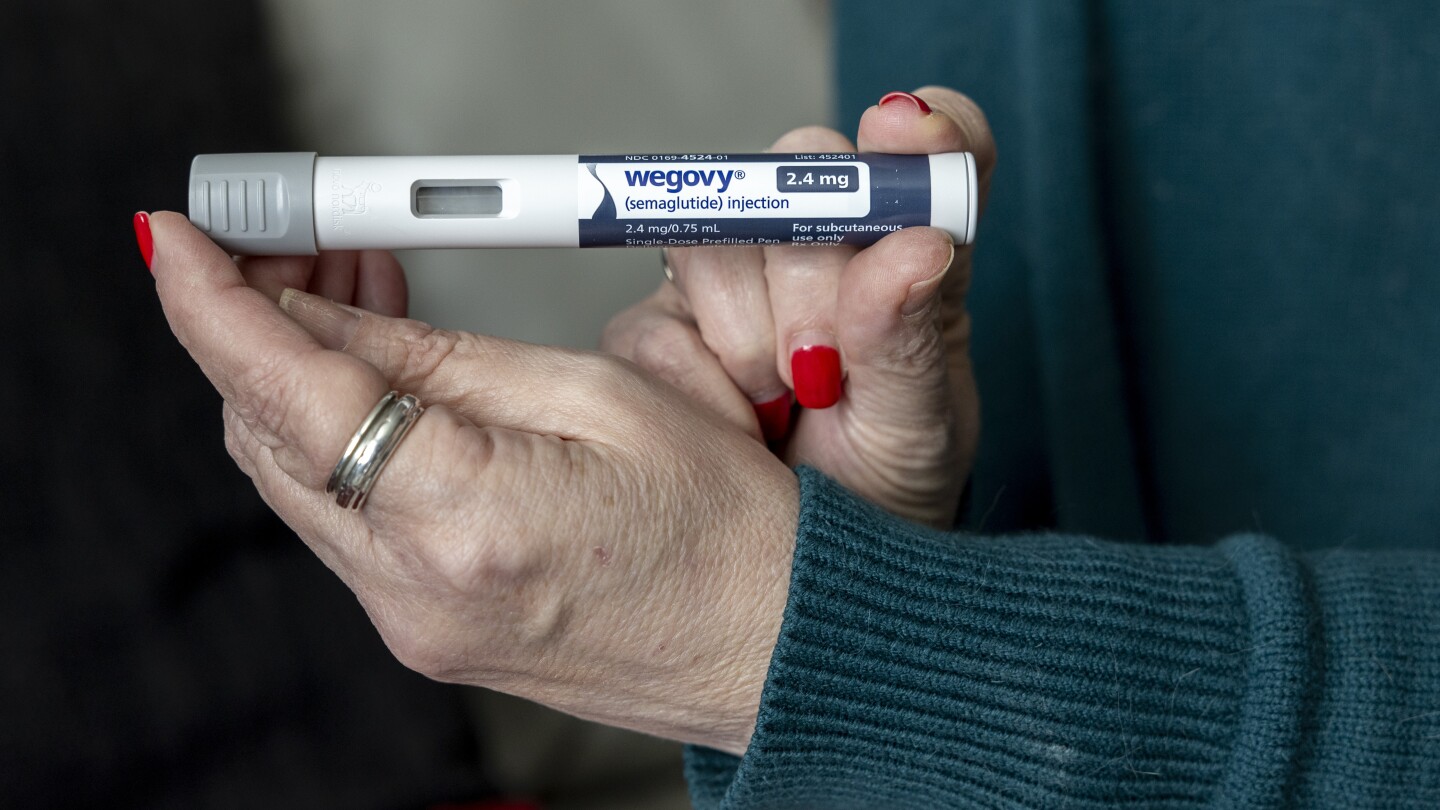Summary
As many as 1 in 5 patients may not lose significant weight with GLP-1 drugs like Wegovy and Ozempic, despite their popularity and effectiveness in clinical trials.
Experts attribute this variability to genetic, hormonal, and brain-based differences in regulating energy, as well as factors like sleep apnea or medications that hinder weight loss.
Non-responders often face frustration, but doctors stress alternative options, including different medications, lifestyle adjustments, or older treatments.
To be honest, 80% effectiveness for a generation 2 of a long term drug is a pretty nice value, especially in this field and the regulatory mechanisms it affects.
That’s better than basically most psychiatric, antivirals, antihypertensive and antidiabetic medication.
Only a few long term drugs like contraceptives, some chemotherapeutics and some hormone replacement drugs work that well in that many cases. And most of them are not Gen 2 drugs in a new field.
“As many as” 20% so, less than 20%? So it’s more than 80% effective?
The article is about that 20% and how they’re feeling pretty shitty after taking a drug that works for 80% and not seeing weightloss despite the significant hype. It’s basically obesity experts trying to calm expectations slightly—the drug works for a lot of people but you can’t count on it being a magic bullet for everyone.
hahah yeah what an ass-backwards way of attempting shit on efficacy
What, you’re saying weight is complicated and not just down to one factor for everyone?!
It’s cool we have proof of this via the magic drugs.
I wonder if they will respond better to retatrutide, since it’s a glucagon triple agonist.






